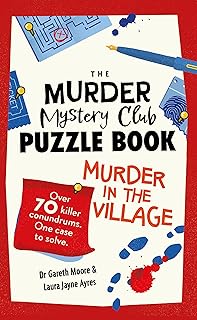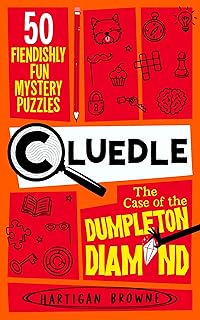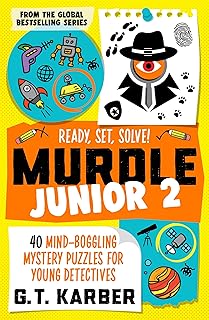Wordplay in literature has always been a captivating element, drawing readers into a web of linguistic puzzles that challenge and entertain. From the subtle nuances of anagrams to the intricate codes hidden within sentences, the world of mystery puzzles offers a unique thrill for those who seek to unravel its secrets.
Throughout history, authors have expertly woven wordplay into their narratives, creating a dynamic interplay between language and storytelling. In the realm of mystery fiction, where every clue and hint matters, linguistic puzzles serve as a bridge between the reader and the author, inviting readers to become active participants in the unraveling of a mystery.
One of the quintessential examples of wordplay in literature can be found in Agatha Christie’s “The ABC Murders,” where the iconic detective Hercule Poirot is faced with a series of alphabetical murders that hinge on a clever manipulation of words. Christie’s masterful use of word puzzles not only adds depth to the narrative but also challenges readers to engage in a deeper level of analysis as they follow Poirot’s deductive reasoning.
Edgar Allan Poe, often hailed as the pioneer of the modern detective story, introduced readers to the power of wordplay in his chilling tale, “The Tell-Tale Heart.” Through the use of onomatopoeia and figurative language, Poe immerses readers in a world where sound becomes a central motif, leading them on a journey into the dark recesses of the human psyche.
Japanese literature also boasts its own share of linguistic mysteries, with works like Seishi Yokomizo’s “The Honjin Murders” offering a glimpse into the intricate world of untranslatable idioms and cultural clues. Yokomizo’s skillful use of language not only enriches the narrative but also underscores the importance of linguistic nuances in solving complex puzzles.
Haruki Murakami’s “Kafka on the Shore” presents a contemporary take on linguistic puzzles, challenging readers to decipher riddles that delve into themes of identity, heredity, and cultural taboos. Through a dreamlike narrative that blurs the lines between reality and fiction, Murakami invites readers to engage in a literary investigation of their own, unraveling the mysteries that lie beneath the surface of his enigmatic tale.
As readers immerse themselves in the world of mystery puzzles, they are not merely passive observers but active participants in a game of wits and words. From classic whodunits to modern thrillers, the art of wordplay continues to captivate and intrigue, offering a rich tapestry of linguistic delights for those willing to embark on a literary adventure.
📰 Related Articles
- Unlocking Egypt’s Mysteries: A Journey Through Time and Wonders
- Investigation Alien: Unraveling UFO Mysteries with George Knapp
- Exploring Octopus Mysteries and Football Drama: A Day of Literary Musings and Sporting Fervor
- Exploring LA’s Iconic Car Culture: A Journey Through Custom Builds and Automotive History
- Zara Duffy Redefines Fashion Through Sustainable Upcycling Initiatives






